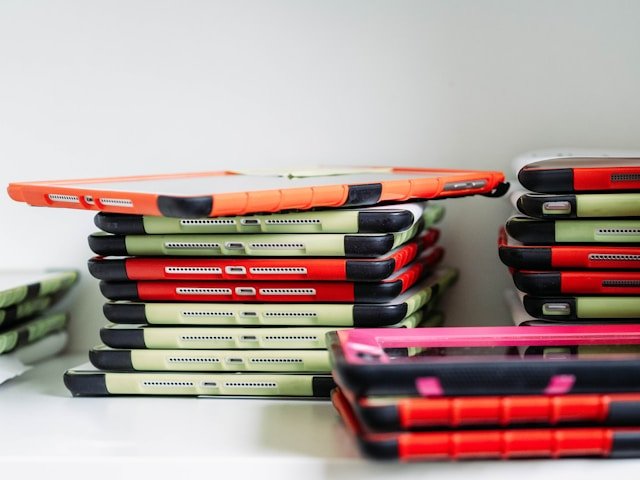Sweden reverts to traditional books after 15 years of digital classrooms, investing €104 million
In 2009, Sweden launched an ambitious educational reform, replacing textbooks with computers and digital tools in its classrooms. The goal was clear: to equip students with the skills needed for an increasingly digital world. Over a decade and a half later, however, the Swedish government has admitted that the experiment did not deliver the anticipated results. To reverse course, Sweden is investing €104 million to reintroduce paper books into schools by 2025.
The decision to digitise classrooms was initially seen as a groundbreaking move. At the time, the government and educational experts believed that integrating digital technology would not only engage students but also foster a more interactive learning environment. By swapping traditional paper books for tablets and computers, Sweden aimed to create a flexible and cost-effective solution for education that would also provide students with vital digital literacy skills.
Dr. Anna Lindström, an education expert at the Swedish National Institute of Education, explained, “The idea was to make learning more dynamic and personalised through digital tools.” Teachers and parents alike were told that students would benefit from an approach that integrated technology with learning.
Embed from Getty ImagesBut, despite initial enthusiasm, the long-term outcomes were less than stellar. While Sweden remains a leader in global education rankings, research from the Swedish Research Council for Health, Working Life, and Welfare has revealed troubling effects. One significant concern was the decline in students’ reading and writing skills. Teachers noted that students found it harder to concentrate and retain information when using digital devices compared to reading from a book. Studies revealed that excessive screen time was linked to diminished focus and comprehension, particularly when students were reading complex texts.
Further compounding the problem, digital devices introduced new distractions. With access to games, social media, and other entertainment apps, many students struggled to stay focused on their schoolwork. Maria Svensson, a parent, shared her frustrations, saying, “I saw my child distracted by games and social media during class. It was affecting his academic performance.”
In response to these challenges, the Swedish government has decided to reintroduce traditional paper textbooks into classrooms, aiming for a more balanced approach. The €104 million investment will ensure that every student has access to paper books for each subject by 2025. This initiative also includes campaigns to raise awareness and support schools during the transition back to traditional learning methods.
Education Minister Lena Johansson stated, “Our goal is not to abandon technology altogether, but to make sure that it complements the essential aspects of education. Books are an integral part of the learning process.”
This decision marks a shift in the way Sweden is integrating digital tools with education. While digital resources will remain part of the curriculum, the government acknowledges that traditional textbooks still hold vital educational value, especially in developing focus and memory retention. Dr. Erik Andersson, a curriculum expert, noted, “Books offer a tactile experience that screens simply cannot replicate. They help improve concentration and reinforce memory.”
Sweden’s educational journey serves as a lesson in the importance of balance when incorporating technology into learning environments. The country’s decision to return to books, alongside digital resources, is a nuanced approach that may offer a valuable blueprint for other nations seeking to modernise education while preserving traditional teaching methods.
